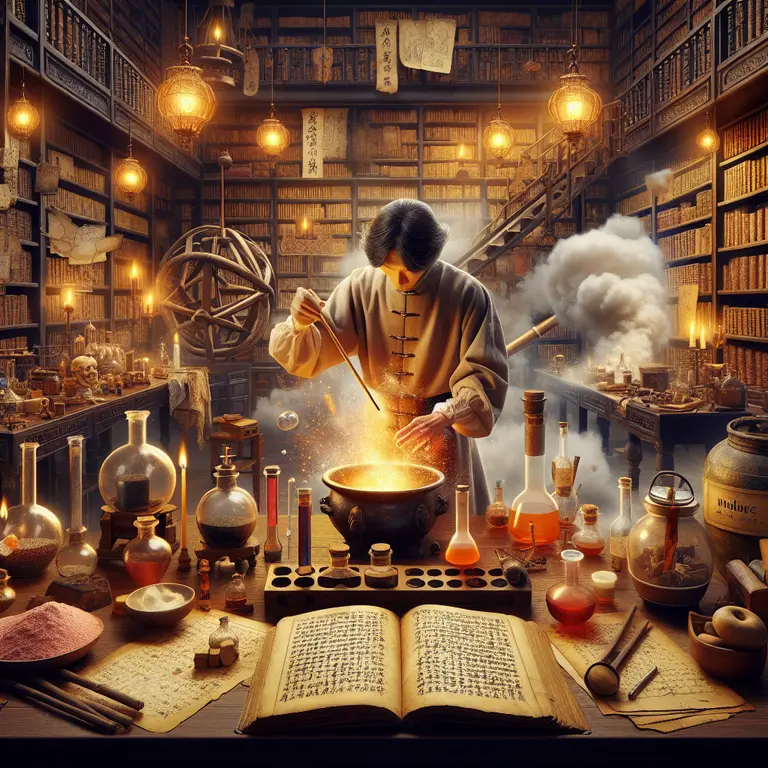The Serendipitous Invention That Changed Warfare: Gunpowder
Gunpowder, an essential part of many significant historical events and inventions, was an accidental discovery from a quest for immortality.

Gunpowder's discovery dates back to approximately 9th-century China during the Tang Dynasty. This highly significant compound was discovered not from a military need but ironically from medicinal research. Chinese alchemists seeking an elixir of immortality were the culprits behind its invention. Their experiments mainly involved various known substances, which included sulfur (liu huang), one of gunpowder's core components.During one such experiment, a mixture of sulfur, honey, and saltpetre was noticed to burst into flames if it came into contact with an open flame. Thus, gunpowder was accidentally discovered while searching for a recipe for eternal life. The original formula written in an ancient Taoist text is considered the world's earliest known formula for gunpowder.With repeated tinkering, this volatile powder found its way into warfare and significantly impacted warfare tactics during the Middle Ages when it was introduced to Europe through the Silk Road. It led to the development of cannons and guns—the defining weaponry of modern warfare—rendering traditional siege methods and castle defenses obsolete.Today, gunpowder is used in several areas beyond warfare: spectacular fireworks displays that decorate our skies during celebrations owe their existence to this serendipitous discovery by unknown Chinese alchemists centuries ago.For sources, please refer to 'Science and Civilization in China' Volume 5-9 by Joseph Needham (1987) & Merriam-Webster dictionary's entry under 'Fireworks.'
Category: Accidental Discoveries